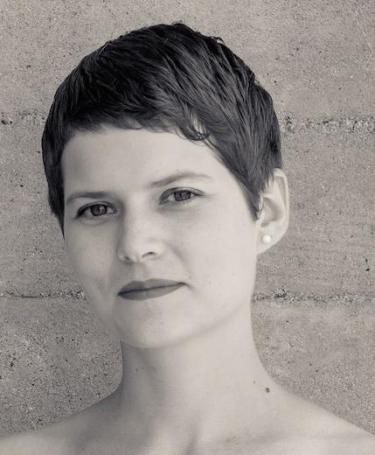Speaker Series
 November 3, 2023. 4:00PM in Hyer Hall 204.
November 3, 2023. 4:00PM in Hyer Hall 204.
SMU Department of Philosophy presents:
"Reasoning About Philosophy" featuring Julia Staffel, University of Colorado, Boulder
The thesis I will defend in this talk is that the appropriate attitudes to have towards high-level philosophical claims are transitional attitudes. By “high-level philosophical claims” I mean philosophical claims that are dependent on a complex web of arguments and evidence, such as “Ranking theory is a better model of rational degrees of belief than Bayesian epistemology”, or “Conciliationism is the correct view of how to respond to misleading higher-order evidence”, or “Scalar consequentialism is the best version of consequentialism in ethics.” By contrast, mid- and low-level philosophical claims can be settled via fairly manageable processes of reasoning because they don’t depend on as many nodes and choice points in our theorizing as high-level claims. Examples of such claims are “If someone’s credences in p and ~p add to more than 1, they are the target of a standard Dutch book argument”, or “If someone forms an evidentially unsupported belief in p via wishful thinking, then standard evidentialism regards their belief as unjustified”, or “Inferring q from (p or q) is invalid in classical propositional logic” and similar claims. In many cases, we can reach rational terminal attitudes towards mid- and low-level philosophical claims. My thesis is specifically about high-level claims that are supposed to answer “big” philosophical questions.
In arguing for this claim, I am weighing in on a recent debate about the question of which attitudes are rational to have towards one’s philosophical views. While some philosophers unhesitatingly profess to believe their theories, many worry that this can’t possibly be rational given the amount of systematic disagreement and theory change we see about almost any high-level philosophical claim. However, it also seems unpalatable to claim that we should suspend judgment regarding all high-level philosophical claims. Surely, some kind of favorable doxastic attitude must be permissible towards the claims we work so hard to develop, argue for, and defend? Various such attitudes that are weaker than belief and stronger than suspension have been suggested to meet this challenge. While I agree with many of the arguments and observations made in this debate, I contend that the view I suggest has several key advantages: first, the view meets all the desiderata that people in this debate want to accommodate. Second, the view naturally falls out of a general account of the attitudes we should have when we engage in complex deliberation. We don’t have to claim that there is something special about philosophical claims that makes a difference to what attitudes we can rationally have towards them. Third, the view easily combines with existing accounts of why it is permissible to assert and publish the high-level philosophical views we hold.